Study Finds Evidence that Dolphins are Ingesting Microplastics
A new study in the peer-reviewed journal Frontiers in Marine Science has found evidence that members of the Sarasota Bay dolphin community are inadvertently ingesting microplastics as part of their diet — a finding that has implications for another long-lived apex predator that eats seafood: humans.
The study “Microplastics in gastric samples from common bottlenose dolphins (Tursiops truncatus) residing in Sarasota Bay FL (USA)” is the first to look at samples of the stomach contents of free-ranging bottlenose dolphins. In this instance, seven dolphins were sampled as part of a health assessment conducted by the Sarasota Dolphin Research Program.
Researchers found microplastics — particles 5 mm or less (about the size of a pencil eraser or smaller) — in each of the samples. Particle amounts ranged from fewer than 10 pieces of microplastic to more than 100.
in each of the samples. Particle amounts ranged from fewer than 10 pieces of microplastic to more than 100.
The findings are consistent with microplastics studies focused on other cetacean species worldwide and could also indicate a potential source of the high phthalate levels previously reported in some Sarasota Bay dolphins. Phthalates are chemicals released when plastics break down in the environment. In humans, these endocrine-disrupting chemicals have been linked to reproductive impacts, as well as neurodevelopmental changes in infants and children, obesity and diabetes in adolescents and adults.
As our year-round neighbors in coastal communities, dolphins can serve as environmental sentinels, said Dr. Randy Wells, SDRP Director and a co-author on this study. “Dolphins swim in the same waters and eat the same seafood as we do,” he said. “By understanding their exposures to things like microplastics and phthalates and the impacts these exposures are having, we’re gaining a better understanding of potential risks to humans that we can work to mitigate.”
The study’s lead author, Dr. Leslie Hart, of the Department of Health and Human Performance at College of Charleston, has a long history with the SDRP, having been an intern in 2000, and subsequently using SDRP data for her doctoral dissertation.
Citation
Hart LB, Dziobak M, Wells RS, Ertel B and Weinstein J (2022) Microplastics in gastric samples from common bottlenose dolphins (Tursiops truncatus) residing in Sarasota Bay FL (USA). Front. Mar. Sci. 9:947124. doi: 10.3389/fmars.2022.947124




